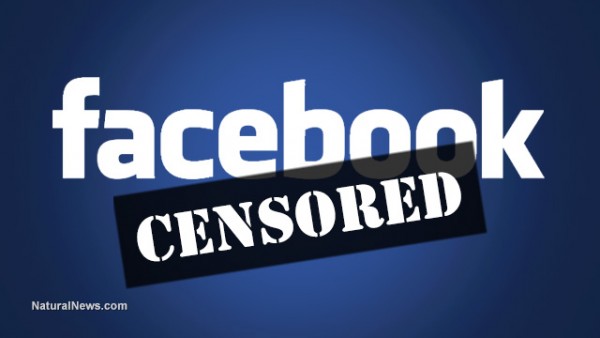Social Media giants like Facebook enjoy immunity from the content posted on their pages because they claim they are not the publisher, just a platform. Section 230 (C) of the Communications Decency Act enshrines this loophole, but the NH Supreme Court may have put a tiny chink in their armor.
Related: Is Google’s Section 230 Immunity at Risk as Execs Hide After Veritas Sting?
Teatotaller, a tea and coffee shop in Somersworth, accused Facebook of deleting its Instagram page, which then hurt its business. A lower court ruled in Facebook’s favor, but the State Supreme Court isn’t so sure.
“(B)ecause it is not clear on the face of Teatotaller’s complaint and objection whether prong two of the CDA immunity test is met, we conclude that the trial court erred by dismissing Teatotaller’s breach of contract claim on such grounds,” Justice Anna Hantz Marconi wrote.
“We simply cannot determine based upon the pleadings at this stage in the proceeding whether Facebook is immune from liability under… the CDA…”
The problem is not unknown to most. Social Media platforms like Facebook, Twitter, and YouTube claim immunity by declaring that they are not a publisher. But they frequently modify other people’s content by flagging it, adding statements or links (fact checks, warnings about the material), or removing it. These are editorial actions that contradict the notion that they are not publishers.
So far, no one has made this stick, and while I do not see this case being a breeze that forewarns us of a coming storm, it is curious to see the NH State Supreme Court suggests that these circumstances challenge the notion of their immunity.
And no, that’s not all for good. We’d like to think that these private companies have some obligation to treat our ideas the same way they do not. And while that may be aggravating, the more significant issue is what happens if the government does step in and apply force.
We do not want the government at any level defining the terms of open debate even in the context of private “platforms” using their resources to favor messages that align with their politics.
Private businesses acting as thought police have to justify that behavior to free citizens who can and should look for or support (or create alternatives.) Or, as we like to say if you don’t like our message or the content we choose to create or share, start a website.
Sure, Google, Facebook, and YouTube look unbeatable, but so once did any number of national behemoths who found a way to secure a majority of market share for a few decades or even a century but whose names are now all but unknown to our newest generations.
